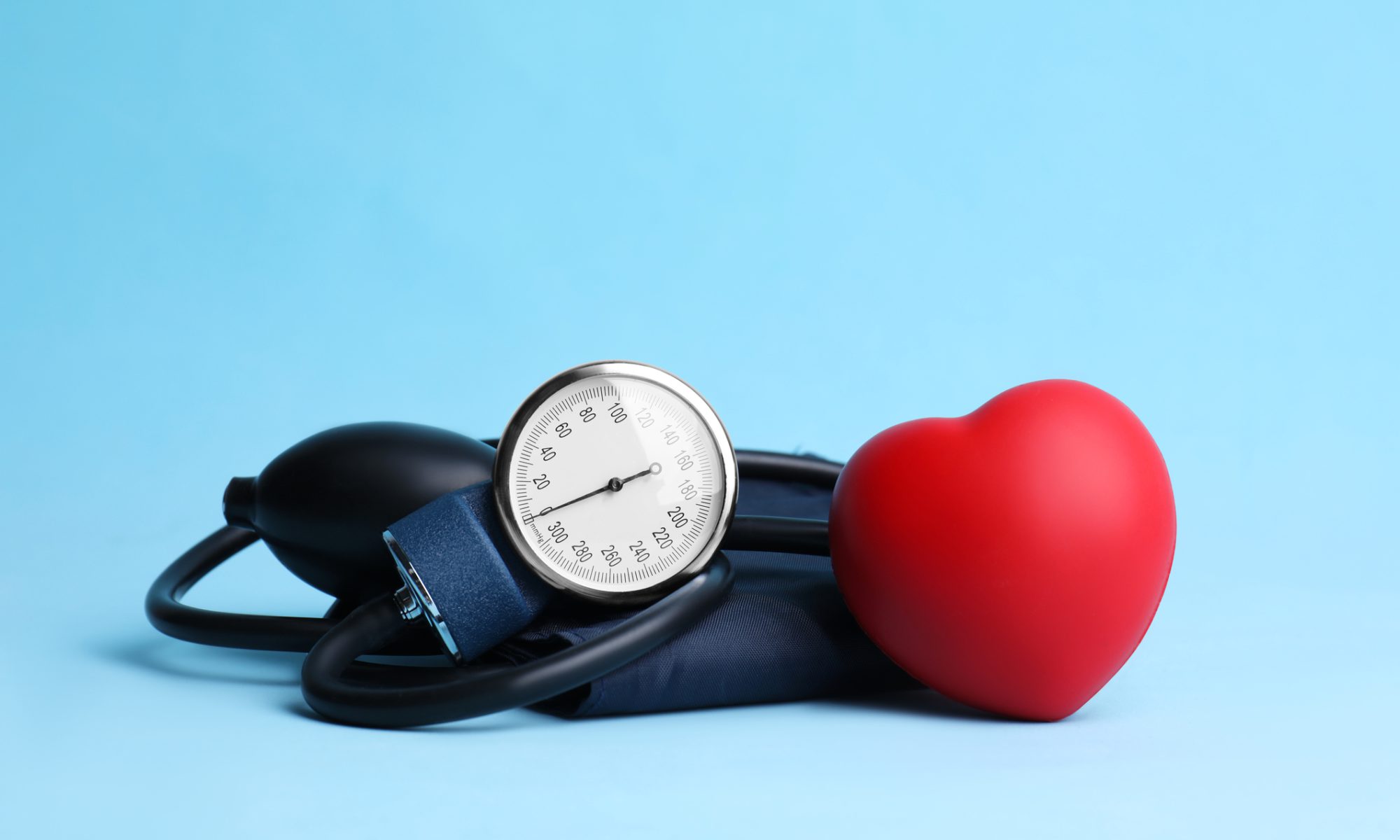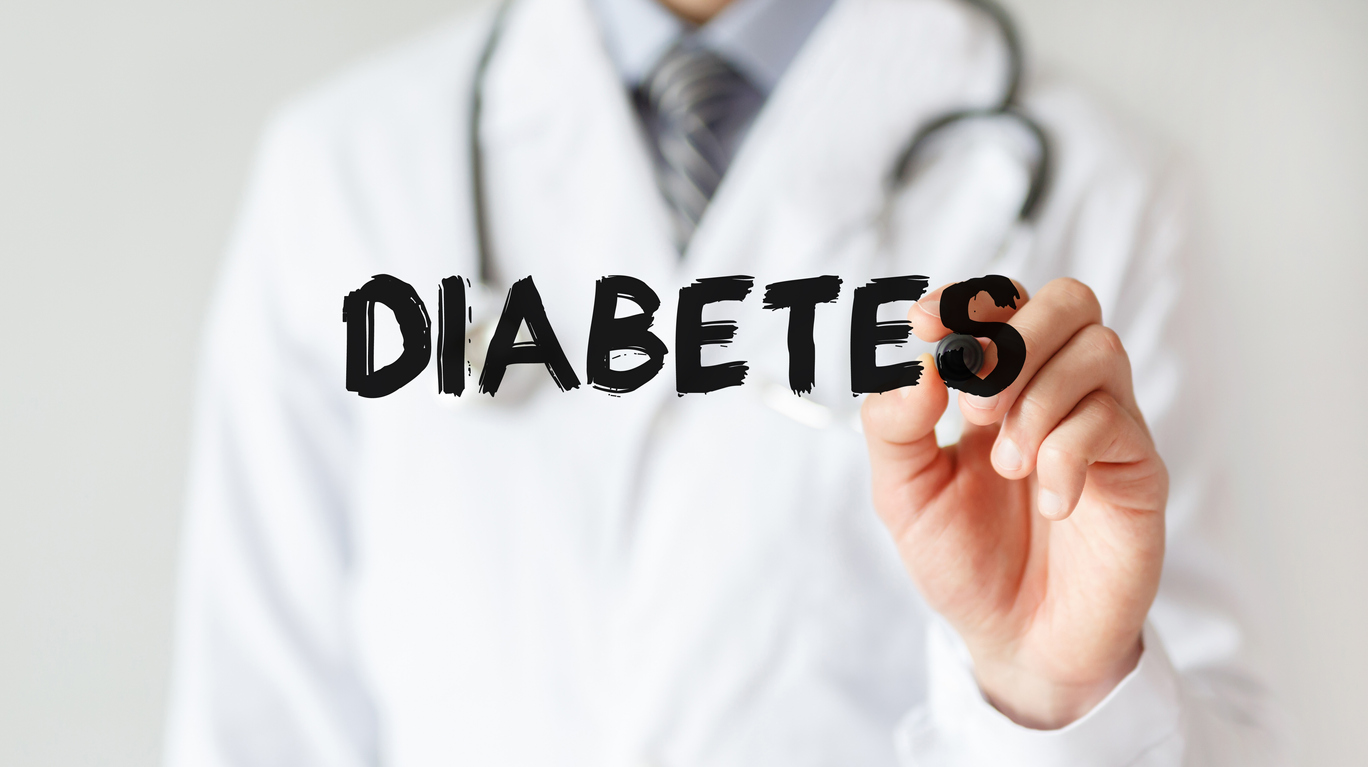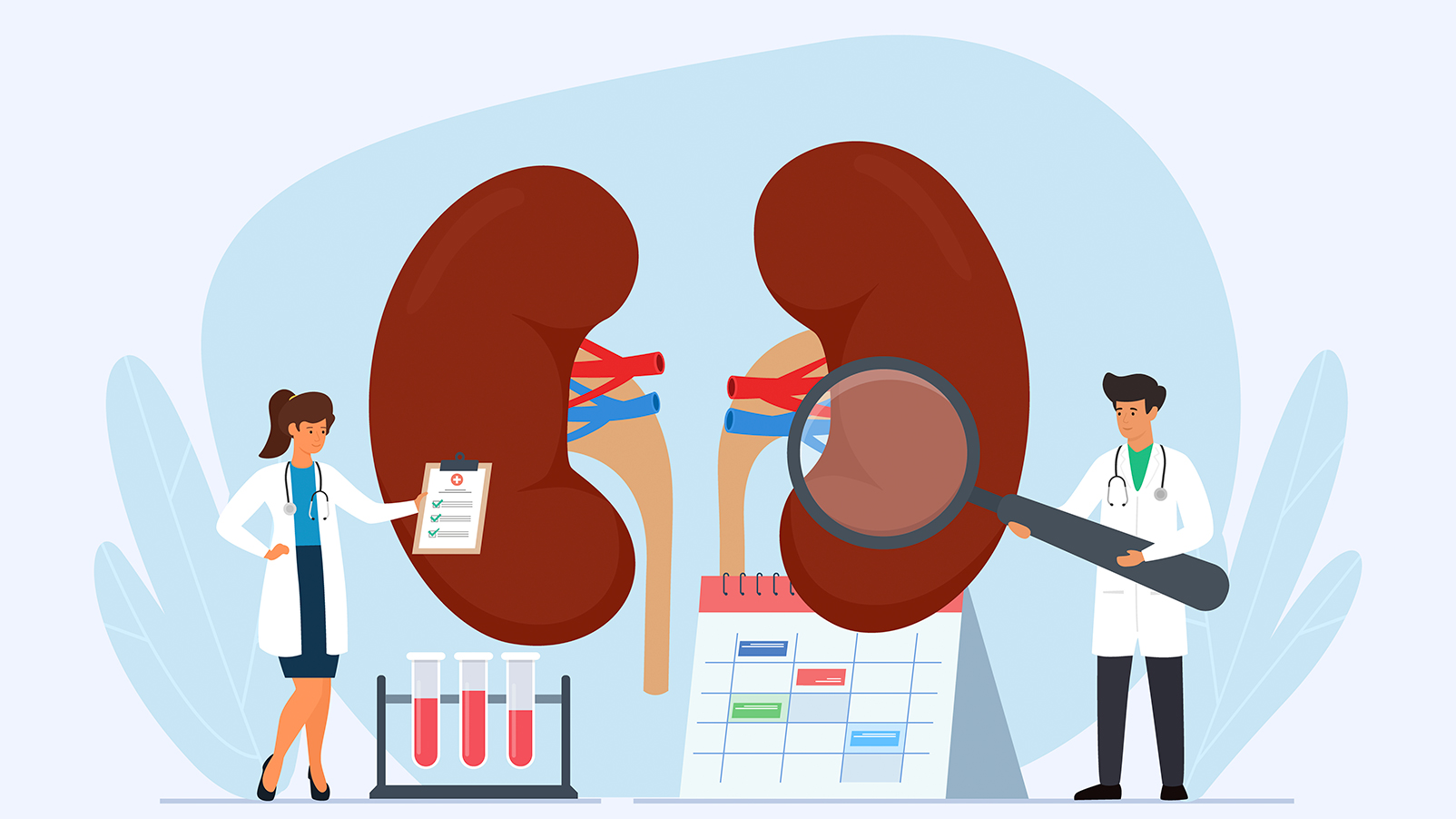OK, so Sam Prince doesn’t play in the NFL, but he’s come closer to it than many of America’s greatest prospects ever will.
Born with a severe heart defect, Prince’s chances of living for five hours, let alone five years, were grim, but through a combination of great medical care, good luck, and the abiding love of his family, he survived, and at eight years old had a successful heart transplant. Read the full story in Rowan Today.









